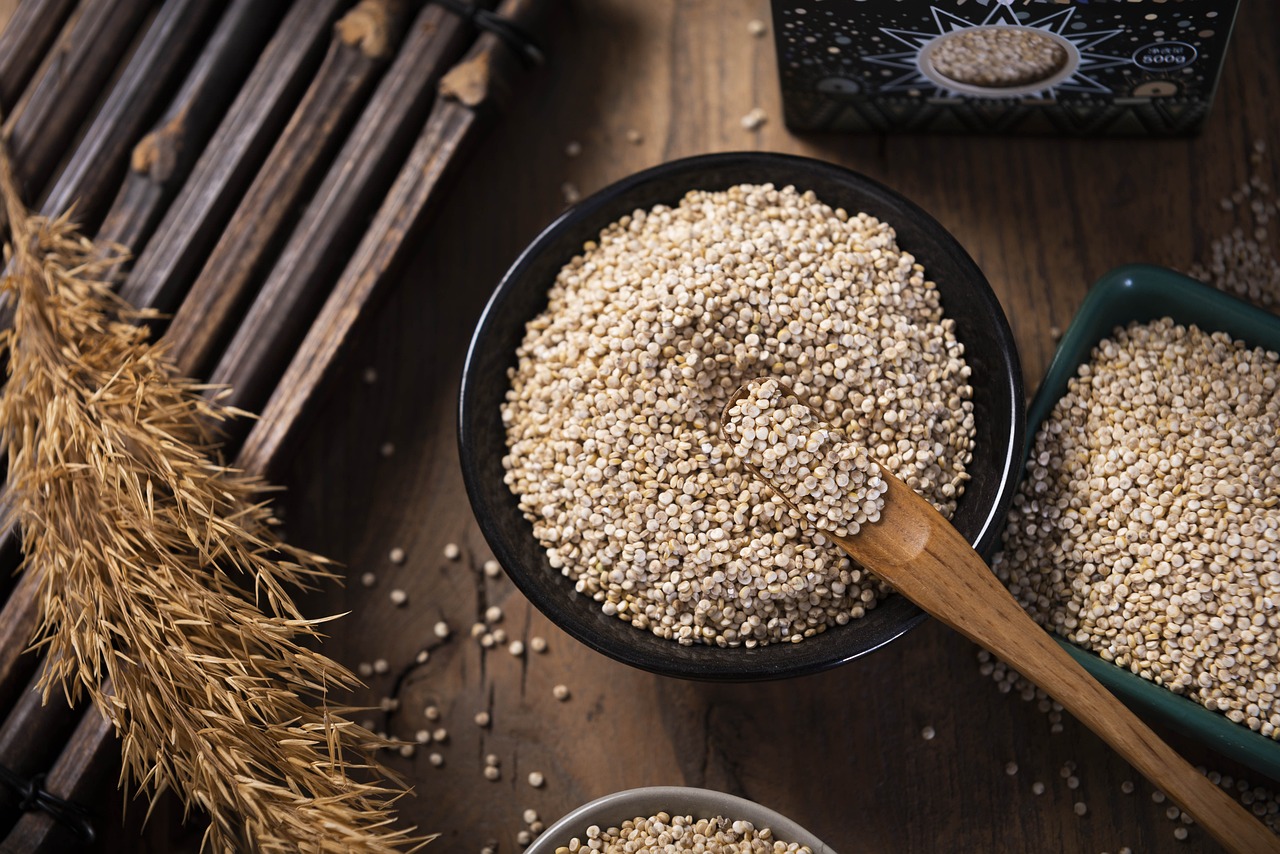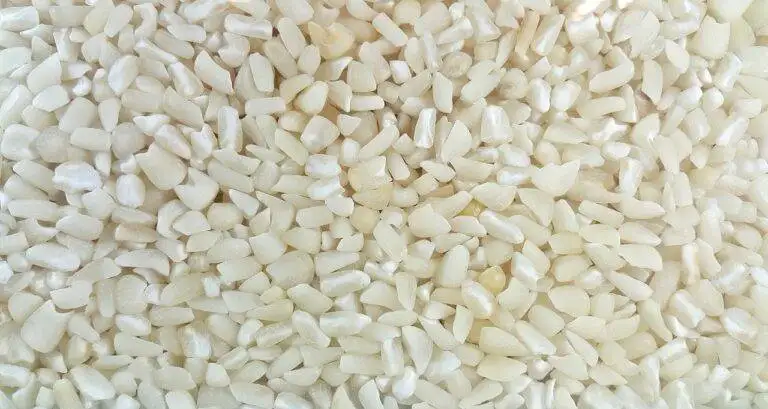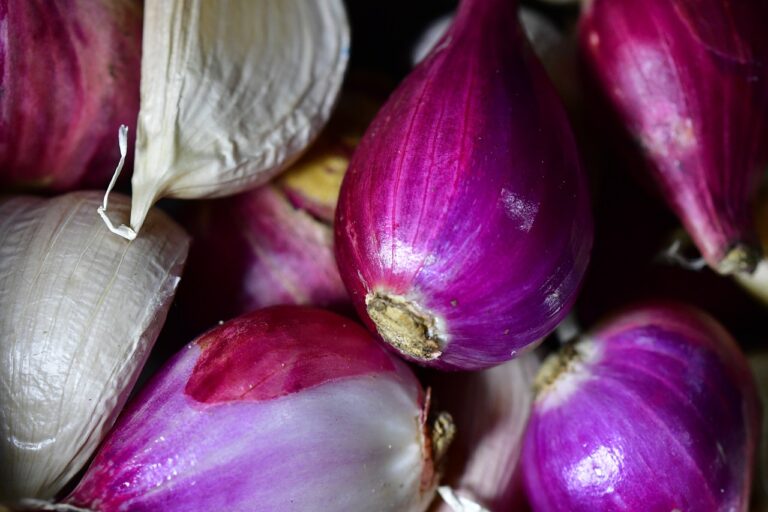Food and Aging: How Diet Impacts Longevity and Quality of Life
Nutrition plays a crucial role in the aging process, influencing various aspects of health and well-being. As individuals grow older, their nutritional needs may shift due to changes in metabolism, digestion, and overall body composition. A diet rich in essential nutrients such as vitamins, minerals, and antioxidants can support healthy aging by promoting cell renewal, maintaining organ function, and reducing the risk of chronic diseases.
Inadequate nutrition can accelerate the aging process and increase the susceptibility to age-related health concerns such as cognitive decline, cardiovascular diseases, and osteoporosis. Consuming a well-balanced diet that includes a variety of nutrient-rich foods is essential for supporting optimal physical and cognitive function in older adults. By prioritizing nutrient-dense foods and maintaining a healthy eating pattern, individuals can enhance the quality of their later years and promote longevity and vitality.
Common Age-Related Health Concerns
Aging is a natural process that brings about various health concerns as our bodies go through changes over time. One common age-related health concern is arthritis, which affects joints and can lead to pain, stiffness, and decreased mobility. Another prevalent issue is osteoporosis, a condition characterized by weak and brittle bones that are more prone to fractures.
As individuals age, heart disease also becomes a prevalent health concern. This can manifest as high blood pressure, narrowing of arteries, and an increased risk of heart attacks and strokes. Additionally, cognitive decline is a significant worry for many older adults, with conditions such as dementia and Alzheimer’s disease impacting memory, thinking skills, and overall brain function.
• Arthritis: affects joints, leading to pain, stiffness, and decreased mobility
• Osteoporosis: weak and brittle bones prone to fractures
• Heart disease: high blood pressure, narrowing of arteries, risk of heart attacks and strokes
• Cognitive decline: dementia and Alzheimer’s disease impacting memory and brain function
Nutrient-Rich Foods for Healthy Aging
As we age, it becomes increasingly important to prioritize nutrient-rich foods in our diets to support overall health and well-being. Consuming a variety of fruits and vegetables rich in vitamins, minerals, and antioxidants can help to combat the effects of aging and reduce the risk of age-related diseases. Berries, leafy greens, nuts, and seeds are all excellent choices for incorporating essential nutrients into your daily meals.
In addition to fruits and vegetables, including lean proteins such as fish, poultry, and tofu in your diet can help maintain muscle mass and strength as you age. These protein sources are also beneficial for bone health and can support overall mobility and independence in older adults. Incorporating whole grains like quinoa, brown rice, and oats can provide essential fiber, vitamins, and minerals that contribute to a balanced and nutritious diet conducive to healthy aging.
Why is nutrition important for healthy aging?
Nutrition plays a crucial role in healthy aging as it provides the necessary nutrients to support bodily functions, prevent chronic diseases, and maintain overall well-being.
What are some common age-related health concerns that can be addressed through nutrition?
Common age-related health concerns that can be addressed through nutrition include heart disease, osteoporosis, cognitive decline, and joint issues.
What are some nutrient-rich foods that are beneficial for healthy aging?
Nutrient-rich foods that are beneficial for healthy aging include fruits, vegetables, whole grains, lean proteins, and healthy fats such as avocados, nuts, and seeds.
How can I ensure that I am getting all the necessary nutrients for healthy aging?
To ensure you are getting all the necessary nutrients for healthy aging, strive to have a balanced diet that includes a variety of foods from different food groups, consider taking supplements if needed, and stay hydrated by drinking plenty of water.
Are there any specific diets that are recommended for healthy aging?
While there is no one-size-fits-all diet recommended for healthy aging, the Mediterranean diet is often lauded for its heart-healthy benefits and overall nutrient-rich profile that can support healthy aging.







